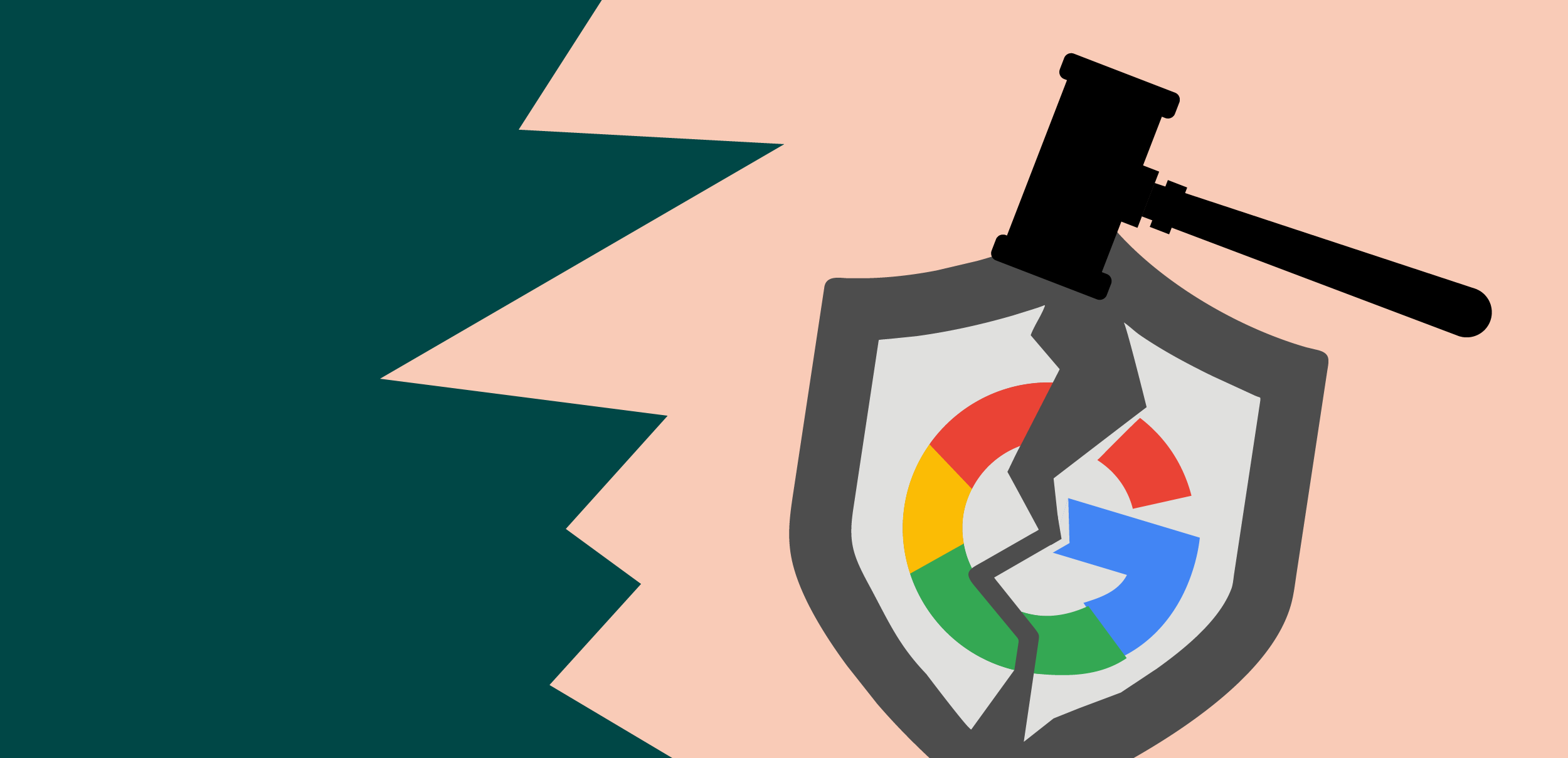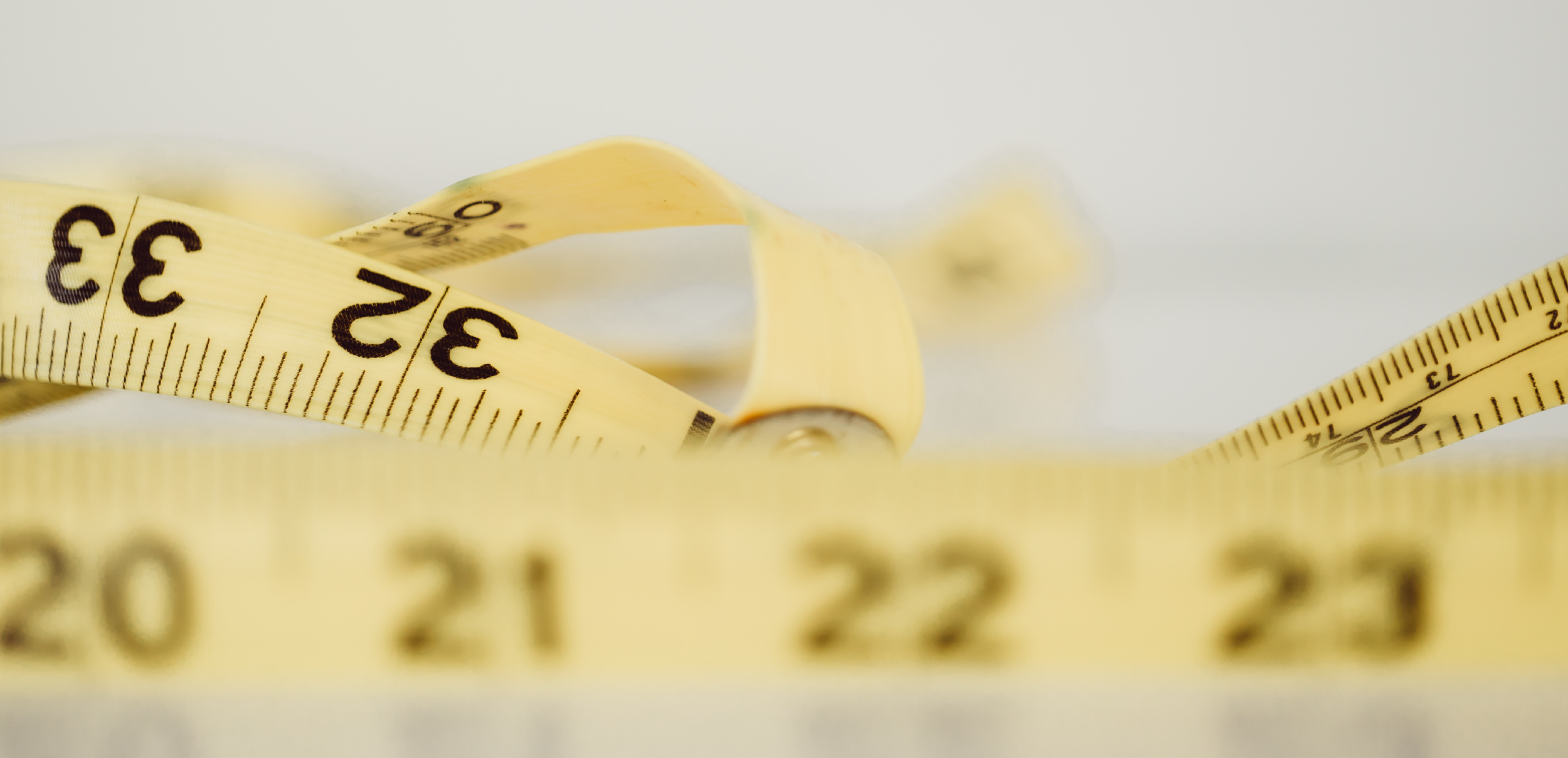Court Rules: Google Has an Illegal Grip on the Search Market
By Asaf Shamly | September 10, 2024

Google has a major problem on its hands. A judge just ruled that the tech giant has an illegal grip on the search market. As if the judge’s siding with the Department of Justice (DOJ) isn’t bad enough for Google, some of the evidence against the trust came from where nobody expected, its own witnesses in the trial.
We’re talking about some juicy stuff here. Google’s own witnesses such as Jerry Dischler – their former VP and GM of ads – casually admitted to raising search ad prices without telling advertisers. But wait, there’s more. Get this: another Google witness spilled the beans on the trust’s ties with Safari. Apparently, Google pays Apple a 36% revenue share to be Safari’s default search engine. Evidence pages in their hundreds prove one thing. Google’s search monopoly is big. What hits even harder is the expected impact the revelation has in the real world.
So what happens next?
The exact sanctions Google faces are unclear, as there’s still room for an appeal. For sure though, Google’s definitely in hot water. When it comes to possible outcomes of the revelations, a full break-up of Google is a bit too drastic. Even breaking up Google’s search monopoly is going to be a tough nut to crack. The court might still impose some serious changes to their operations. Maybe the judge will limit the contracts that allow Google to remain on top. Selling some parts of Google is also feasible.
If the court decides to make Google sell one part of the business like Chrome or Android, that would be crazy! But, it might tell where we are going regarding the other upcoming trial and if they will make them split Google Ad Manager from Google Ads.
It’s not over yet
Just when you thought things couldn’t get any worse for Google, there’s a new antitrust trial starting September 9th. This time, the DOJ accuses Google of monopolizing digital advertising.
With a proven monopolist on trial, the DOJ’s job got a lot easier.
One last thing, the September antitrust trial is believed to put Google in front of even tougher sanctions. The judge already stated there are not going to be any concessions this time, particularly on accusations such as deleting evidence, something Google encouraged its employees to do. Google’s luck might be running out.
Latest Articles
-

When AI Becomes the Storefront, Advertisers Need to See Beyond the Chat Window
ChatGPT Shopping quietly introduced a massive shift: AI is becoming the new storefront. Discovery, comparison, and checkout now happen inside a single conversation - no website required. For advertisers, this means visibility depends on how well their message can be interpreted, ranked, and surfaced by AI systems that control attention.
View Now -

Visibility Multiplies – But Only If You Measure What Matters
Visibility doesn’t guarantee impact. New research reveals that mentions (not backlinks) drive visibility in AI search, and the same principle applies to media performance. When advertisers focus on attention and context, visibility doesn’t just show up—it multiplies.
View Now -

You Get What You Surface: How GPT-5 Exposed the Quiet Power of Defaults
The GPT-5 rollout quietly exposed how much defaults shape trust, perception, and engagement. When technology changes without context, even progress can feel like loss. In AI and advertising alike, it’s a reminder that the way we present intelligence — not just how we build it — determines what people understand, value, and believe.
View Now
